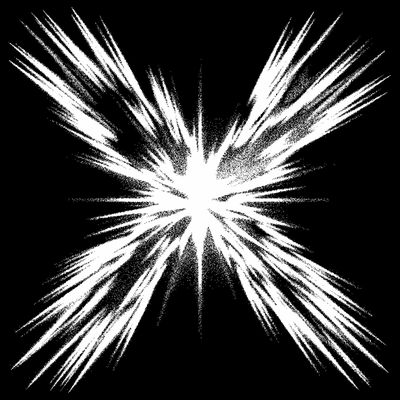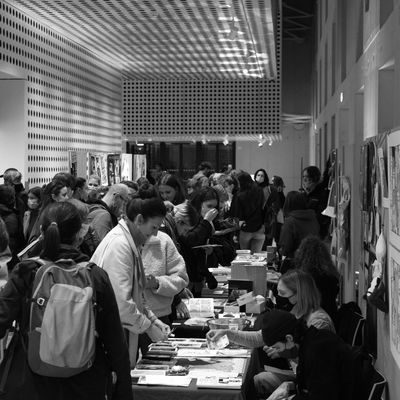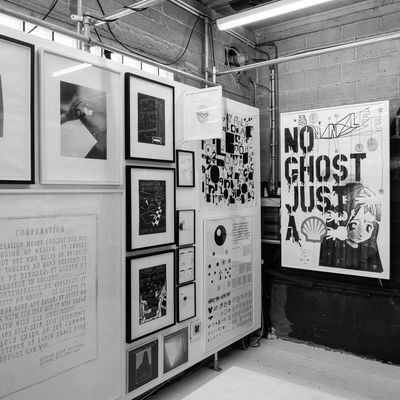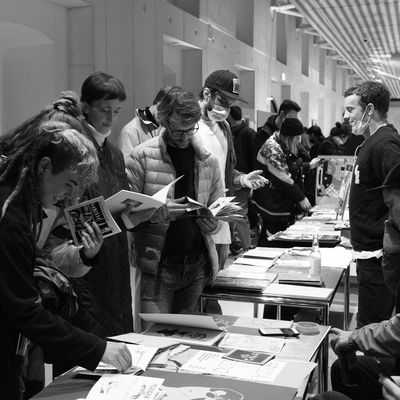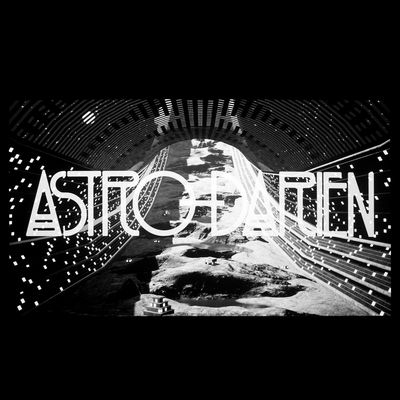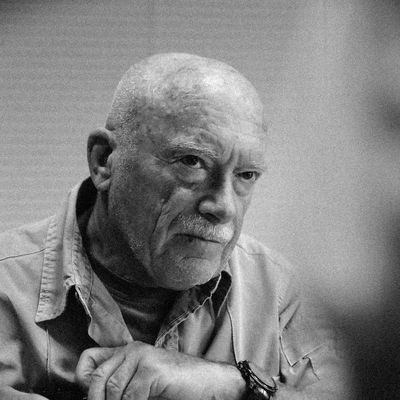4. 10. 2022
5. 10. 2022
6. 10. 2022
7. 10. 2022
THE GRAPES OF WRATH
Decades of neoliberalism followed by two years of Covid have led to a massive accumulation of affective excess that makes itself seen and felt every single day. It manifests itself in two seemingly opposite sets of reactions: an excess of tiredness, exhaustion and depression; and an excess of anger, rage and fury. Both have now reached the proportions of a pandemic more dangerous and widespread than Covid. They are not really opposites, however, but passive and active expressions of the same excess: depression might be understood as anger stuck in the throat, turned inward, paralysing and blocking; while anger can be understood as helplessness turned outward, frantically searching for an outlet. These are not individual or psychological feelings, but socially generated, socially conditioned affects, reactions to a multitude of accumulated antagonisms.
The anger is wholly justified, but seems unable to find a positive form of political expression, with the result that it emerges dangerously in anti-politics: new populisms that exploit and manipulate it and use it to foment yet more division, and produce new figures of obscene master, thereby further deepening the antagonisms that gave rise to this situation in the first place.
How should we think about the danger posed by this unarticulated anger, this accumulated rage lurking in the background?
Despite the distance in time, John Steinbeck’s 1939 novel, "The Grapes of Wrath", from which the slogan of this year’s festival has been taken, feels in many ways as if it had been written for this present moment. Its story of a family forced to migrate west by ecological disaster (the Dust Bowl that devastated the American prairies in the 1930s), bank debts and extortion by major corporations could have been tailor-made for the ills of today and the catastrophes that still lie ahead. It is a story about mass migration and impoverishment, but also about solidarity and strength in community. ‘This is the beginning – from "I" to "we",’ writes Steinbeck.
What kind of collectivity can we imagine if we are to intercept the grapes of wrath and allow them to bear fruit in a different kind of society? The question acquires ominous overtones when we recall that this epic novel was published just before the outbreak of the Great War.
Mladen Dolar
Production
Museum and Galleries of Ljubljana, Marsh Creative ProductionProgram selectors
Blaž Peršin, Ajdin Bašić, Brandon RosenbluthVisual identity
Ajdin BašićSupported by
City of LjubljanaPoljanski nasip 40
1000 Ljubljana

Production


Partners

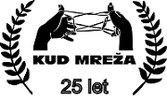

reConvert event is financially supported by

The festival was made possible by










